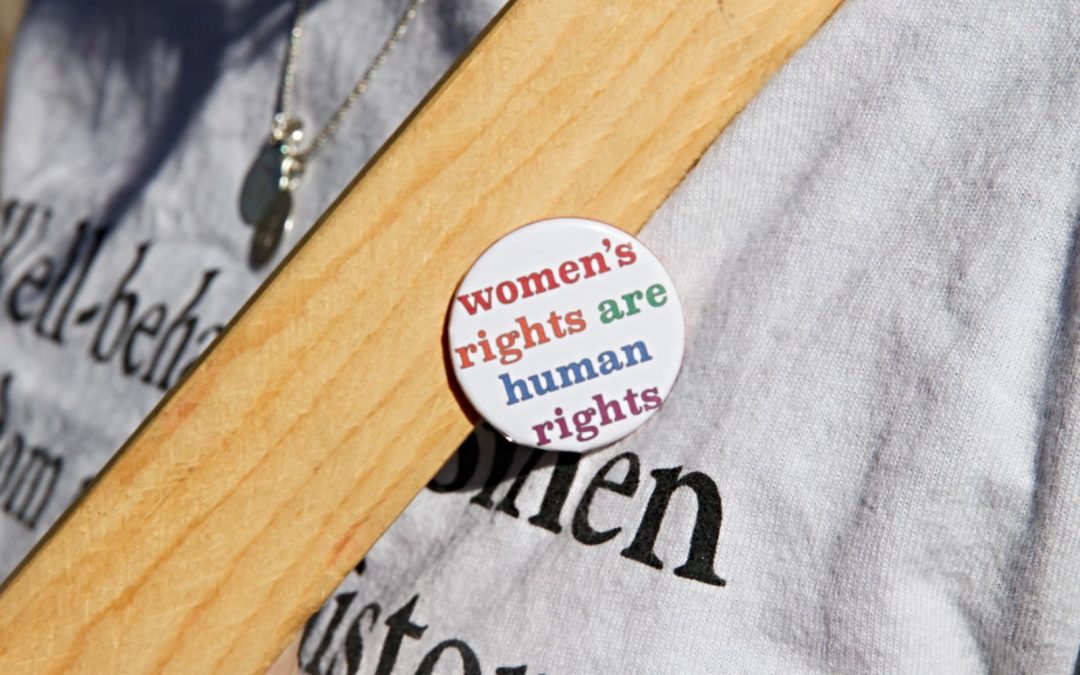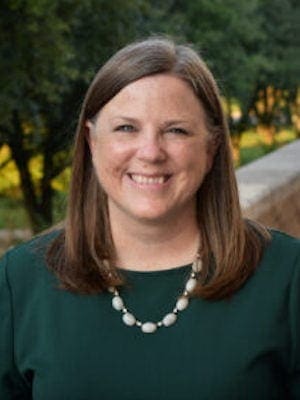When researching the history behind the Universal Declaration of Human Rights, nine images grabbed my attention.
They were images of the nine drafters of the declaration.
While it was a diverse committee with representation from Lebanon, China, (then) USSR, Chile and Australia, alongside Europeans and North Americans, it was difficult not to notice the lack of an African presence.
And that there was only one woman among the drafters.
Eleanor Roosevelt was that woman. At the time, she was head of the United Nations Human Rights Commission and has even been called the driving force behind the charter.
I can only imagine the conversations held among the drafters as they considered the range of human experience and how they could best express equality in human rights.
I can only imagine how many times Roosevelt had to add a perspective that had not been previously considered, how many times she found great agreement from her fellow drafters and how many times she had to compromise to move the document forward.
According to the U.N.’s website, apparently Roosevelt had the help of a sisterhood of fellow delegates in modifying some of the language of the document toward the inclusion and consideration of women.
So, for her work and the work of her sisters as foremothers of all human rights, I am profoundly grateful.
But as with all work toward equality, it is never finished and fully accomplished in an imperfect world. It must continue.
The first article of the declaration reads, “All human beings are born free and equal in dignity and rights. They are endowed with reason and conscience and should act towards one another in a spirit of brotherhood.”
As a 21st century woman advocating for equality, after reading this first article of the declaration I now realize more fully why Hillary Clinton had to delineate so eloquently in her 1995 speech before the U.N. 4th World Congress on Women that women’s rights are human rights.
Because while the first article begins by referring to all human beings, it ends with an admonition to treat one another in a spirit of brotherhood.
And yet it is the spirit of brotherhood that has sometimes treated women as less than human beings born free and equal in dignity.
Numerous studies, articles, documentaries and books are available that consider the global status of women.
Two such books that have influenced me are “Half the Sky” and “A Path Appears,” both by Nicholas D. Kristof and Sheryl WuDunn.
Just as Hillary Clinton articulated 23 years ago, across the world there are places where babies are still killed simply because they are born girls.
Globally, women are still sold into slavery and prostitution because of human greed.
Women are still subjected to rape as a tactic of warfare. A leading cause of women’s deaths worldwide is still domestic abuse.
Women still suffer from genital mutilation, forced abortions and sterilizations, as well as high maternal mortality rates in two-thirds of the world’s countries without adequate healthcare.
Certainly, no one will deny that some of these issues affect men as well, but women are affected by such violations of human rights far more often and far more severely, despite the fact that numerous studies have shown that the welfare of a society is directly connected to the welfare of women.
So, on this 70th anniversary of the document, may we join with all humanity in celebrating the monumental action of this document and its continuous influence across the world in advocating for human rights.
But may we also critically examine the places in which human rights are not fully achieved even in the document itself.
May we look across the globe and hear the stories of women who are still treated as less than human.
And as Article 2 declares, let us not be afraid to look even closer to home to see if there are people of every “race, colour, sex, language, religion, political or other opinion, national or social origin, property, birth or other status” who are denied the “rights and freedoms set forth in this Declaration.”
Editor’s note: This article is part of a series this week commemorating the 70th anniversary of the Universal Declaration of Human Rights. Previous articles in the series are:
The UN Declaration of Human Rights and Christian Faith – Part 1 by David P. Gushee
The UN Declaration of Human Rights and Christian Faith – Part 2 by David P. Gushee
6 Reasons to Celebrate UN Declaration on Its ‘Birthday’ by Scott Stearman


